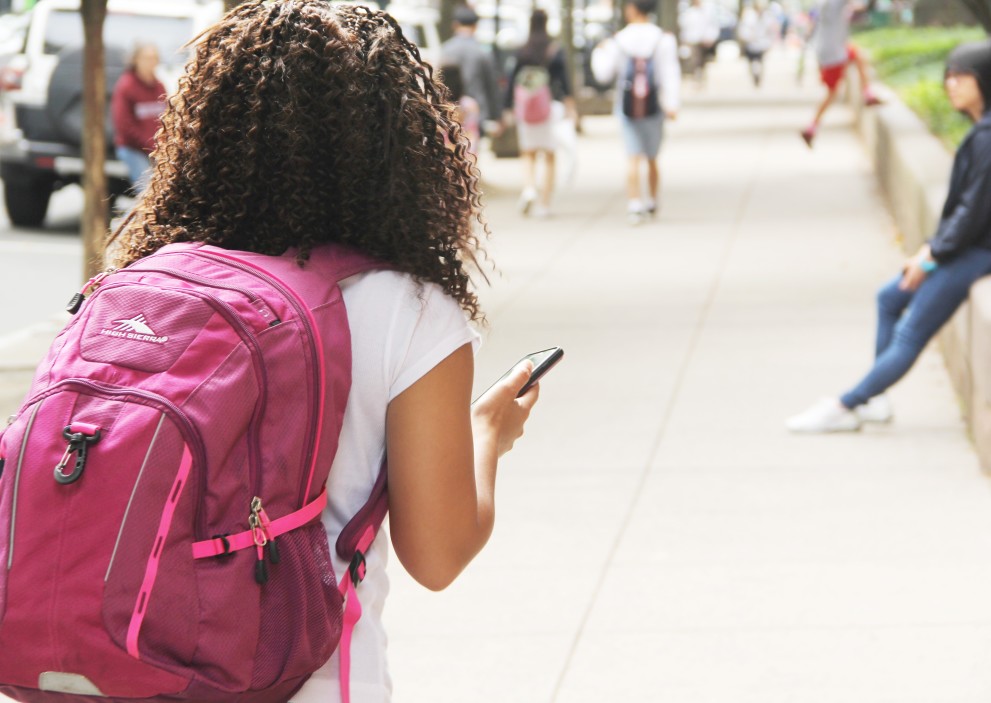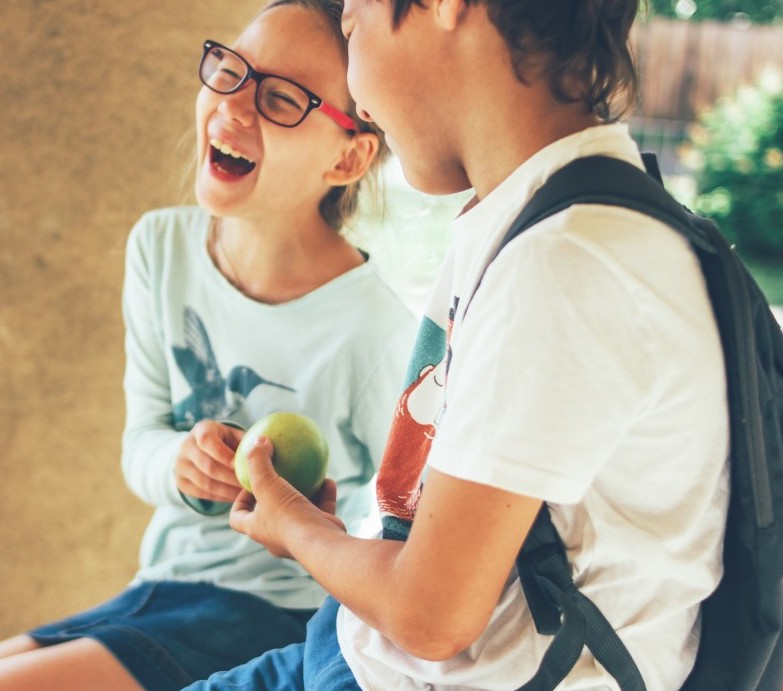What Are the Best Ways to Prevent Bullying in Schools?
 Bullying occurs everywhere, even in the highest-performing schools, and it is hurtful to everyone involved, from the targets of bullying to the witnesses—and even to bullies themselves. What are the best practices for preventing bullying in schools? That’s a question explores with her colleague Marc Brackett from the Yale Center for Emotional Intelligence in a recent paper that reviewed dozens of studies of real-world bullying prevention efforts.
Bullying occurs everywhere, even in the highest-performing schools, and it is hurtful to everyone involved, from the targets of bullying to the witnesses—and even to bullies themselves. What are the best practices for preventing bullying in schools? That’s a question explores with her colleague Marc Brackett from the Yale Center for Emotional Intelligence in a recent paper that reviewed dozens of studies of real-world bullying prevention efforts.
As the researchers discovered, not all approaches to bullying prevention are equally effective. Most bullying prevention programs focus on raising awareness of the problem and administering consequences. But programs that rely on punishment and zero tolerance have not been shown to be effective in the U.S.; and they often disproportionately target students of color. Programs like peer mediation that place responsibility on the children to work out conflicts can increase bullying. (Adult victims of abuse are never asked to “work it out” with their tormentor, and children have an additional legal right to protections due to their developmental status.) Bystander intervention, even among adults, only works for some people—extroverts, empaths, and people with higher social status and moral engagement. Many approaches that educators adopt have not been evaluated through research; instead, educators tend to select programs based on what their colleagues use.
Two research-tested approaches that show the most promise for reducing bullying (along with other forms of aggression and conflict) are a positive school climate, and social and emotional learning.
School Climate
Schools with a positive climate foster healthy development, while a negative school climate is associated with higher rates of student bullying, aggression, victimization, and feeling unsafe.
The elements of a positive climate may vary, but may often include norms about feelings and relationships, power and how it is expressed, and media consumption.
Students consistently report that teachers miss most incidents of bullying and fail to help students when asked. A majority of teachers report that they feel unprepared to deal with classroom bullying. Some teachers bully students themselves, or show a lack of empathy toward children who are bullied. Teachers report that they receive little guidance in “classroom management,” and sometimes default to the disciplinary strategies they learned in their own families growing up.
Social and Emotional Learning
Evidence-based SEL approaches have been shown to deliver cost-effective, solid results. Numerous meta-analyses, research reviews, and individual studies of hundreds of thousands of K-12 students show that SEL improves emotional well-being, self-regulation, classroom relationships, and kind and helpful behavior among students. It reduces a range of problems like anxiety, emotional distress, and depression; reduces disruptive behaviors like conflicts, aggression, bullying, anger, and hostile attribution bias; and it improves academic achievement, creativity, and leadership.
Teachers also benefit from SEL. Those with emotional and social skills training have higher job satisfaction and less burnout, show more positive emotions toward their students, manage their classrooms better, and use more strategies that cultivate creativity, choice, and autonomy in their students. Teachers report that they want more SEL support to cultivate their own emotional and social skills, and to better understand their students’ feelings. But few teacher training programs focus on growing the teachers’ emotion regulation skills.
Excerpted from “What Are the Best Ways to Prevent Bullying in Schools?” in The Greater Good. Read the full article.
Source: The Greater Good | What Are the Best Ways to Prevent Bullying in Schools?, https://greatergood.berkeley.edu/article/item/what_are_the_best_ways_to_prevent_bullying_in_schools | © 2019 The Greater Good Science Center at the University of California, Berkeley
Care Coordinators can arrange a free 30 minute Care Consultation so you can explore options with an expert. We invite you to call or email our Care Coordinators at 650.688.3625 or careteam@chconline.org to set up an initial Parent Consultation appointment.





